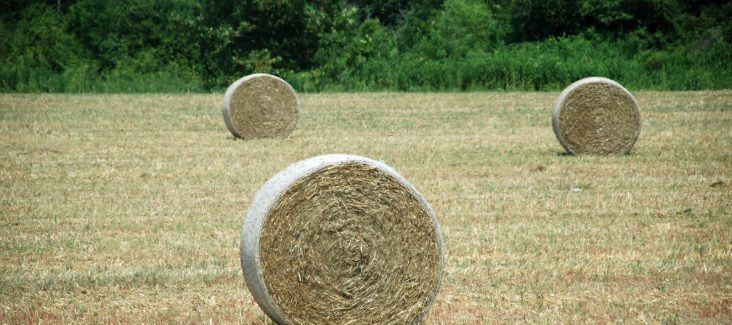New Cooperative Extension Service leader seeks to modernize, expand access
by August 2, 2020 9:45 am 533 views

Dr. Bob Scott is no stranger the University of Arkansas Cooperative Extension Service. For more than 20 years, he’s held posts within the organization from weed scientist to rice research leader. In late June, he was named director, and despite his years of service, he’s been learning about aspects of the service he knew little about.
“I’m learning every day right now all the different programs that we have. It’s very wide in scope,” Scott said.
The extension service is the arm of the University of Arkansas System Division of Agriculture that takes research and “extends” it to industry and communities. There are four main program areas: agriculture and natural research; family consumer sciences; 4-H and youth development; and community, economic and professional development.
“We do pride ourselves on being an unbiased source of information using research-generated data,” Scott said.
He said while the agency has long been established in rural Arkansas, its mission is shifting to urban areas as well. Through social media and expanded internet use, the Cooperative Extension Service has been able to broaden its reach. Plus, the COVID-19 pandemic has curtailed the ability for face-to-face and community meetings – a longtime centerpiece to the service’s communications strategy.
“I think we’re learning new things right now and new habits that we can take forward, even when this crisis is over,” Scott said. “So, I think that’s the direction I see us going is more of a focus on reaching more people virtually in combination where it fits with our traditional hands-on approach.”
One of the biggest challenges facing Scott’s organization involves the shifting demographics of rural America to more urban settings. Rural America and Arkansas have seen huge population shifts over the last few decades. Two of the state’s most rural Congressional Districts – the First and Fourth – are on pace to lose more than 100,000 residents between 2010 and the end of 2020. Scott says the Cooperative Extension Service will continue to search for new audiences, while staying true to its original mission.
“I think there’s going to be a big focus, frankly, on our family consumer science areas and on our community and professional development areas. These are good tools for anybody to use, whether they’re in a rural or more urban or suburban setting,” he said.
“I do think though it’s important in the state of Arkansas that we keep grounded in our rural and agricultural community. I mean, we’re still in a state where something like 12% of our economy is still ag-based. We’re the biggest rice-producing state in the country. We do have a very much agricultural-based economy in this state. So, our balance is going to be to stay rooted in those things that got us here,” Scott said.
You can watch Scott’s full interview in the video below.
